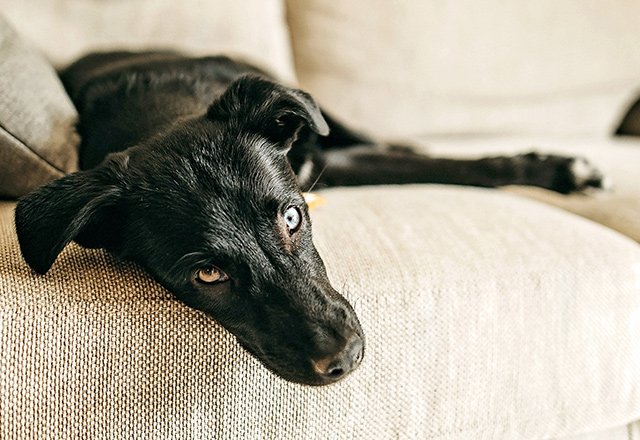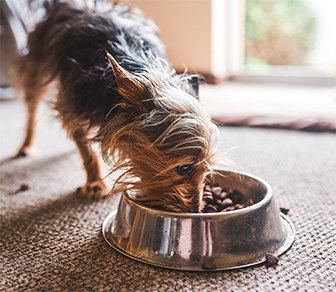Safe toys for your dog - how to choose them?
Dogs
Fun
Playtime is an extremely important part of your dog’s routine. It’s an amazing opportunity to get your dog moving, as well as thinking. Playtime allows you to strengthen your bond and teach your dog new skills and tricks. There is no such thing as one toy that suit all dogs needs. Each dog is different in size, can have stronger or weaker jaws or different preferences. If you want your dog to be engaged during playtime, make sure you found the right toy for your canine friend.
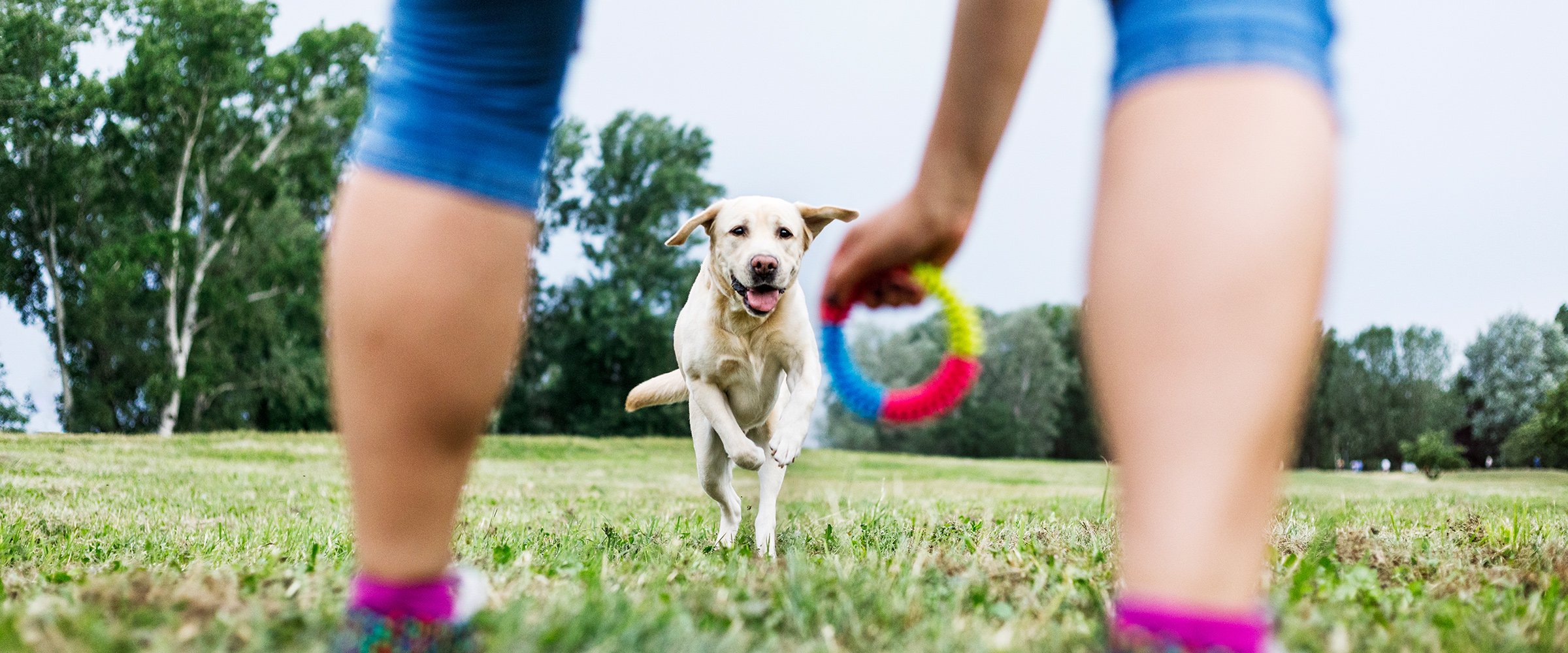
Why dogs need toys?
For your curious puppy any object around the house, especially your personal belongings, can become an interesting toy. If you don’t want your dog to destroy all your things, give him his own toys to play with. Remember to never give your dog your old stuff to play with - your dog cannot see the difference between an old pair of flip flops and a brand new one. Don’t allow your dog to play with your belongings, as this can form a bad habit that can be hard to break later on.
Size matters
A good dog toy cannot be either too big or too small. It has to be just right. Too small of a toy can pose as a choking hazard, whereas too big toys can be uncomfortable or even cause pain in the jaw, especially for smaller dogs. With smaller dog breeds not only size but also weight makes the difference. A small dog with weak jaws can have a hard time trying to pick up a heavy and hard toy.
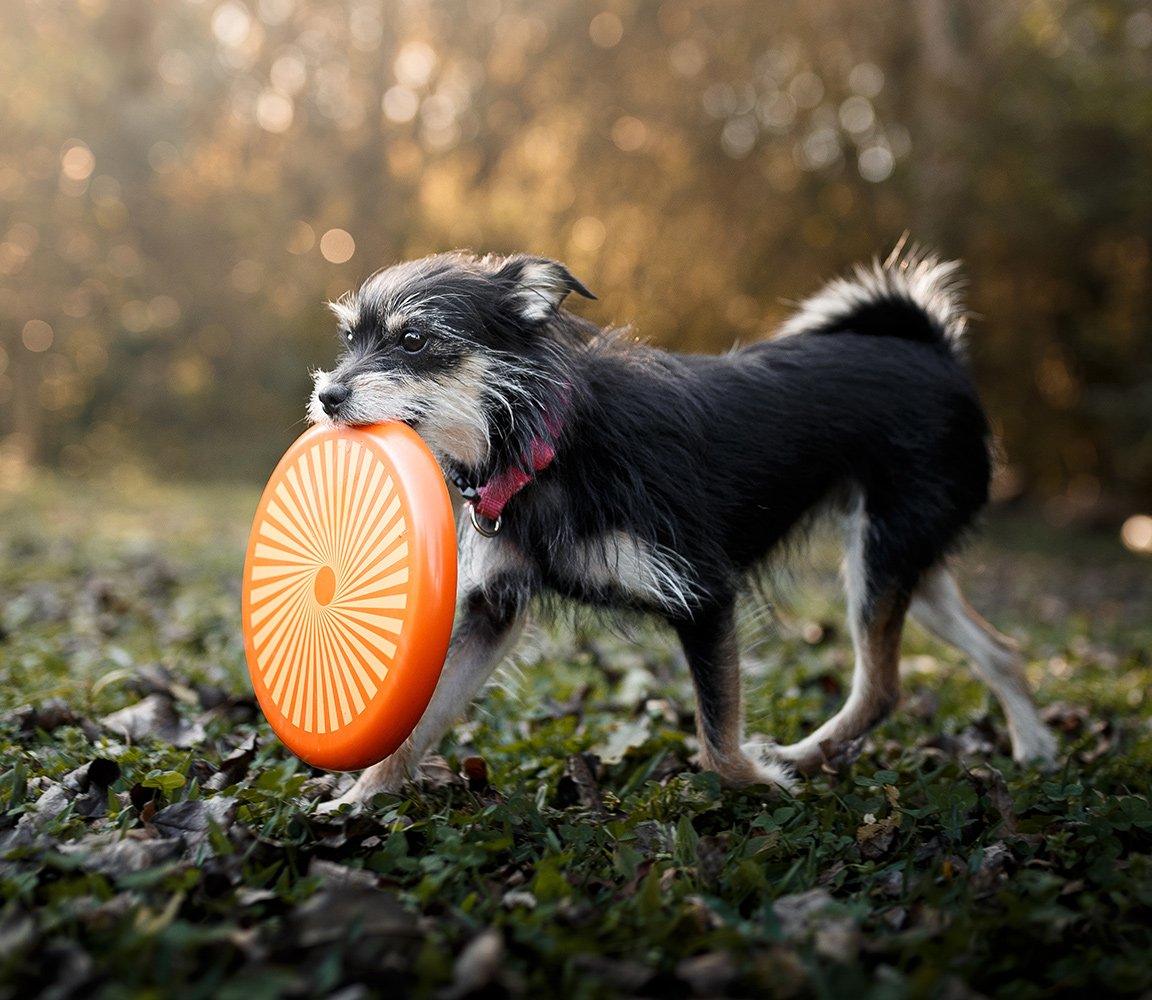
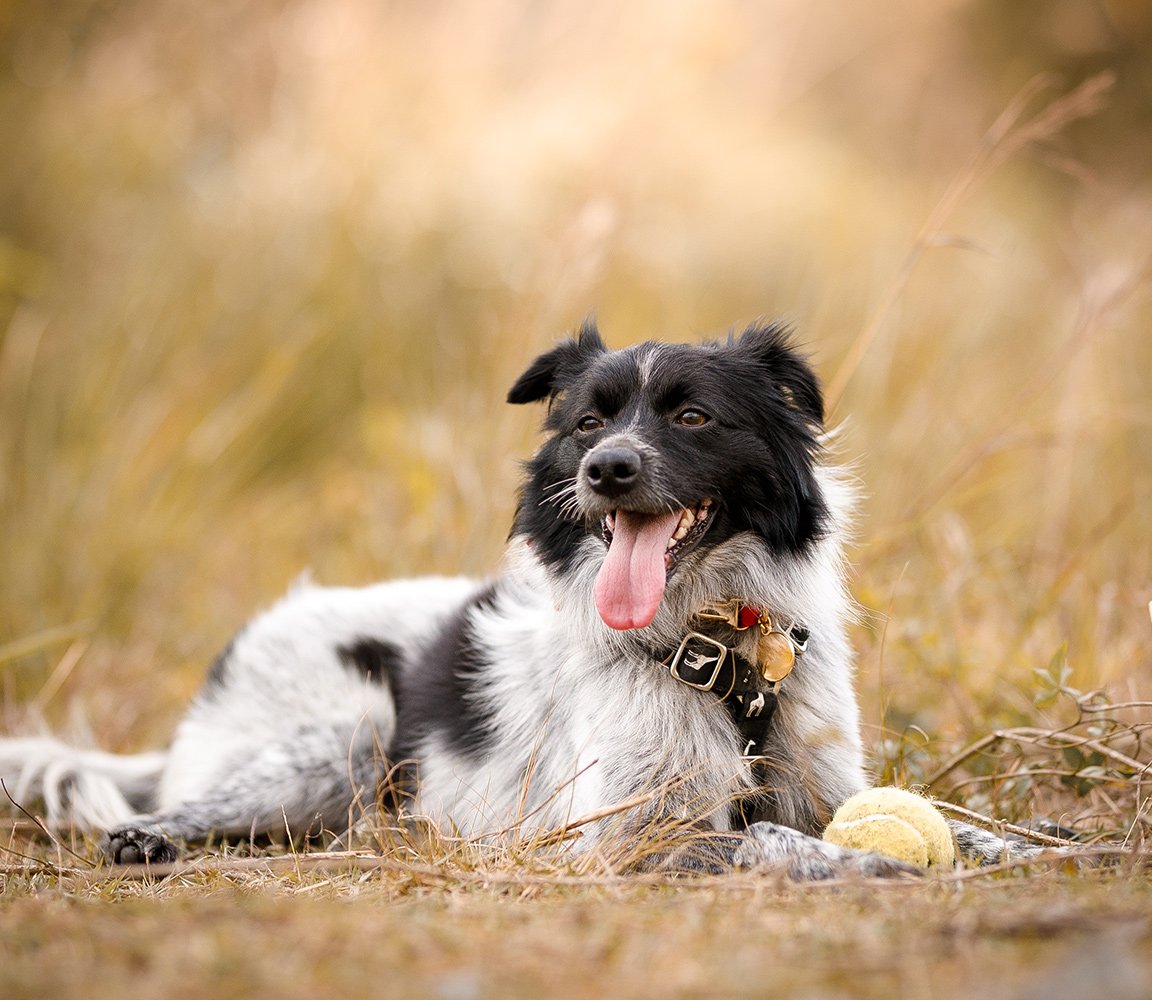
Age can make a difference
You will quickly realise that full of energy puppy will require a different toy than an older dog. Energetic puppies will need sturdy toys that won’t get torn to pieces after a week. For your senior puppy, you can choose softer and smaller toys that will be more gentle on sensitive gums and teeth of an older dog. Soft, rubber balls are usually a great choice for older dogs, even if they’re of a smaller breed.
Opus Lynx | Complete, grain free nutrition for adult cats
Opus Farm | Complete, grain free nutrition for active dogs with sensitive stomachs
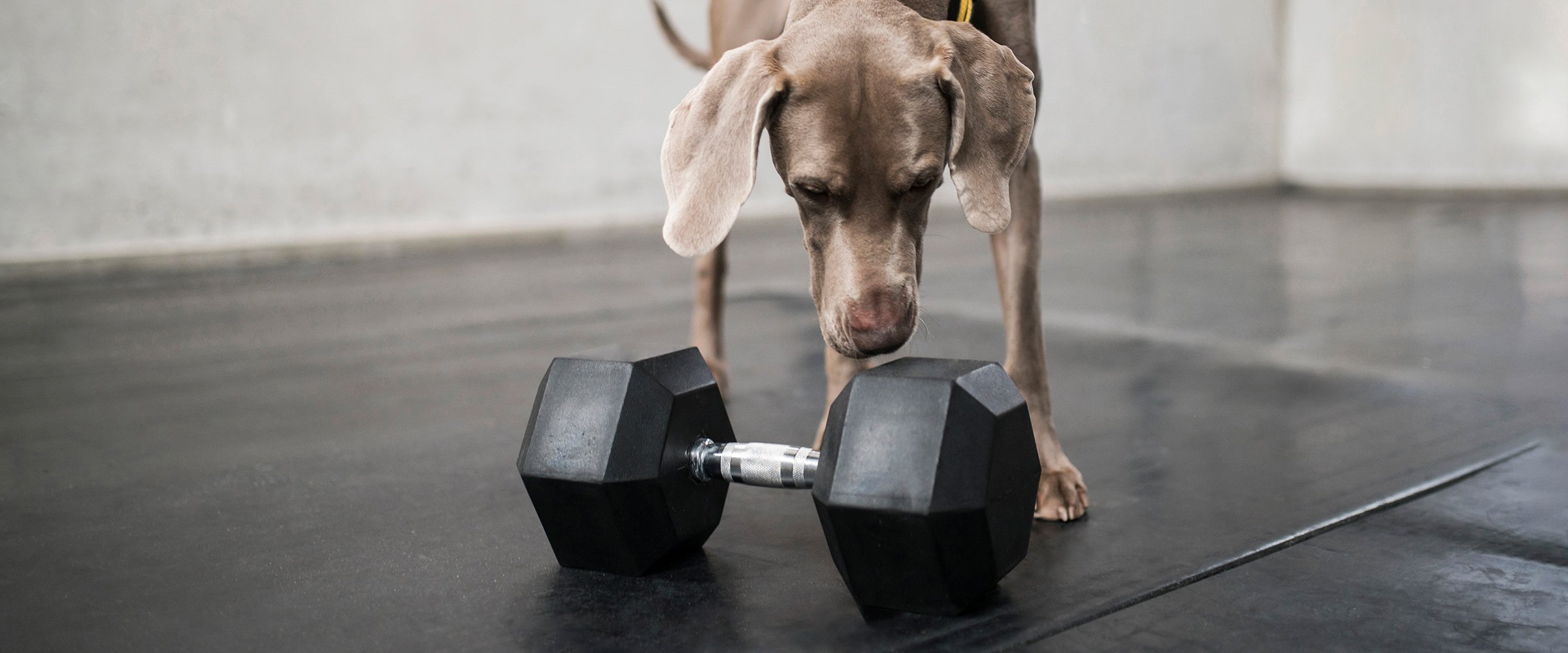
Individual preferences
Every dog can have individual preferences when it comes to a type of toy they will choose. For some canines, interactive toys tend to work best, while other puppies can opt for a classic ball or frisbee. Your dog can become obsessed with tugging on a rope or may prefer to chew his toys. If you don’t know what your dog is most comfortable with, pick a few different toys for him and see which one will be used the most.
















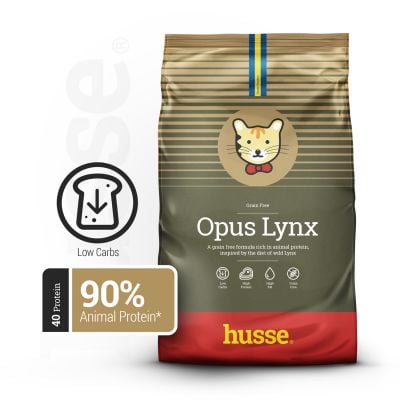


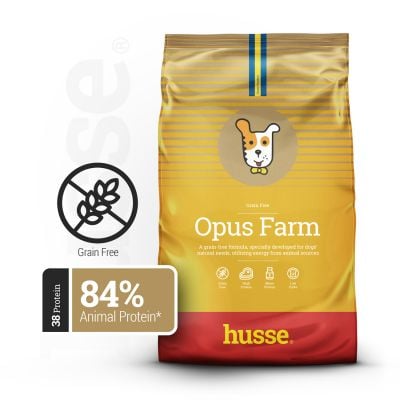

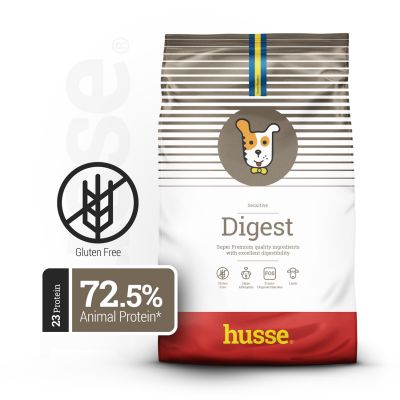
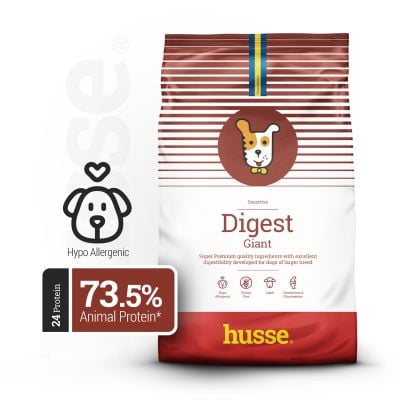
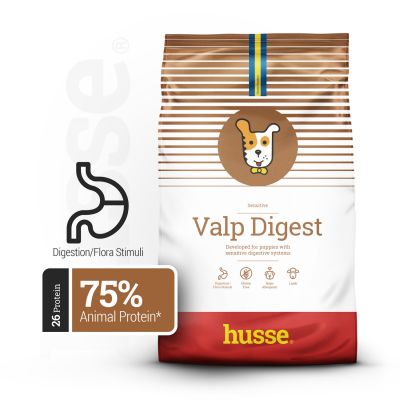
_m.jpg)
